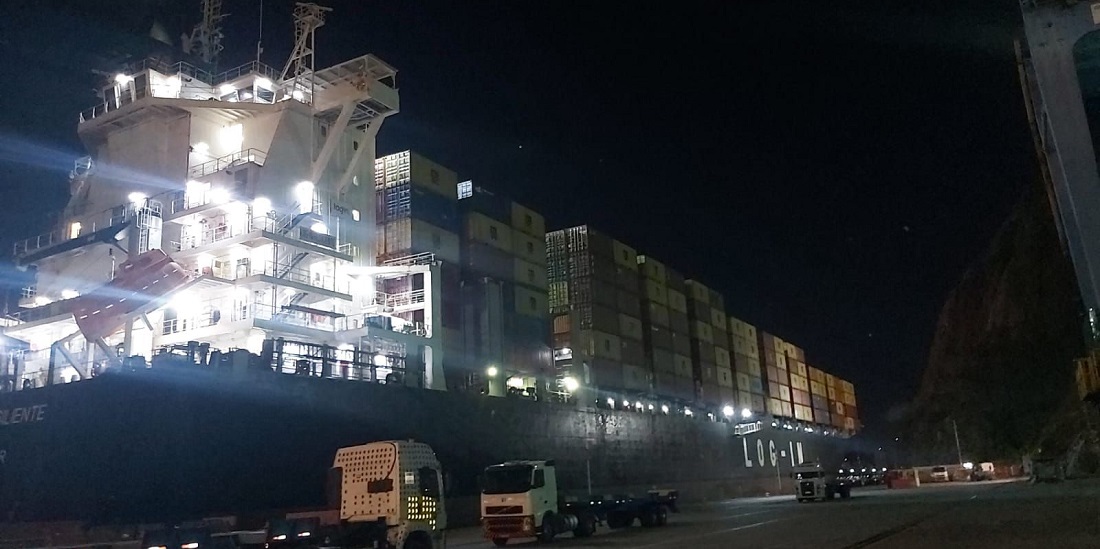
Brazil alters wharfage tariff charges to reduce import costs
May, 30, 2022 Posted by Gabriel MalheirosWeek 202222
To reduce import costs in the country, the Brazilian Federal Government prepared a decree that removes the wharfage tariff, charged for the movement of cargo in ports and airports, from the calculation of the Import Tax. Such a proposal is in the final stage of preparation by the Ministry of Economy and is welcomed by entities such as the National Confederation of Industries (CNI), as it will align Brazil to the practices of other countries.
The newspaper O Estado de S. Paulo informed that the measure will, in practice, represent a 10% reduction in the import tax. According to the ministry, this will be the third round of tariff reductions, culminating in a decrease of 1.5 percentage points in the import tariff, 11.6% on average.
In many parts of the world, wharfage tariff fees are charged for handling a good while it is transported from the vessel to Customs, such as customs inspections, internal transportation, loading and unloading operations, etc. However, Brazil also includes wharfage charges in calculating import tariffs, causing a double cost for importers.
Different Interpretations
According to Renato da Fonseca, CNI’s industrial development superintendent, the debate over the charge has raged for years due to different interpretations of the same topic. “It all starts with a single question: when does a product arrive in the country? Is it when a vessel arrives at the port or when the product is properly unloaded? The World Trade Organization deems that the first option is to be valid. As a result, the tax is applied to the total value, which includes the cost of international shipping but excludes in-port operations.
However, Fonseca explains that Brazil’s interpretation is different and, therefore, CNI prompts the country to align itself with international practices.
The decree, which is in its final preparation stage, is the result of extensive discussion and research and will represent integration with international standards, which can be translated into increased exports and imports.
Consequences
In 2020, the CNI published a study on the subject, outlining the potential consequences of eliminating wharfage services’ tax incidence over a 20-year period. The conclusion was that Brazil’s economy, employment, trade flow, and investments would all benefit.
The study pointed out that the measure would add BRL 134.5 billion to the Gross Domestic Product (GDP), increase the flow of trade by BRL 90 billion, and foreign direct investment in Brazil by BRL 53.8 billion by 2040, in addition to a gain of R$ 83.1 billion in the remuneration of Brazilian workers. Furthermore, companies would see R$ 244 billion in productivity gains, and families would gain R$ 123.1 billion in consumption power.
“Anyone importing in Brazil will gain, as they will pay fewer taxes than before,” emphasizes Fonseca, guaranteeing that the removal of this tax will not harm those working with foreman services since the tariff does not cease to exist, including for exports.
“Compensating the cost is not up to debate. What we are discussing is eliminating the tax over the cost. The federal government will lose some revenue, but the important thing is to start using the same procedures as other countries to make life easier for everyone.”
Source: A Tribuna
To read the full original article, please go to:
-
Other Cargo
Oct, 27, 2022
0
Cotton: Brazilian exports reach 191,634k t in October
-
Ports and Terminals
Oct, 21, 2022
0
Argentine delegation arrives at Paranagua seeking to expand business
-
Port Rankings
Jan, 18, 2022
0
Ranking of Brazilian Ports and Plate | Jan to Nov | 2020 – 2021
-
Sugar and Ethanol
Dec, 30, 2021
0
India protests WTO’s sugar dispute resolution

